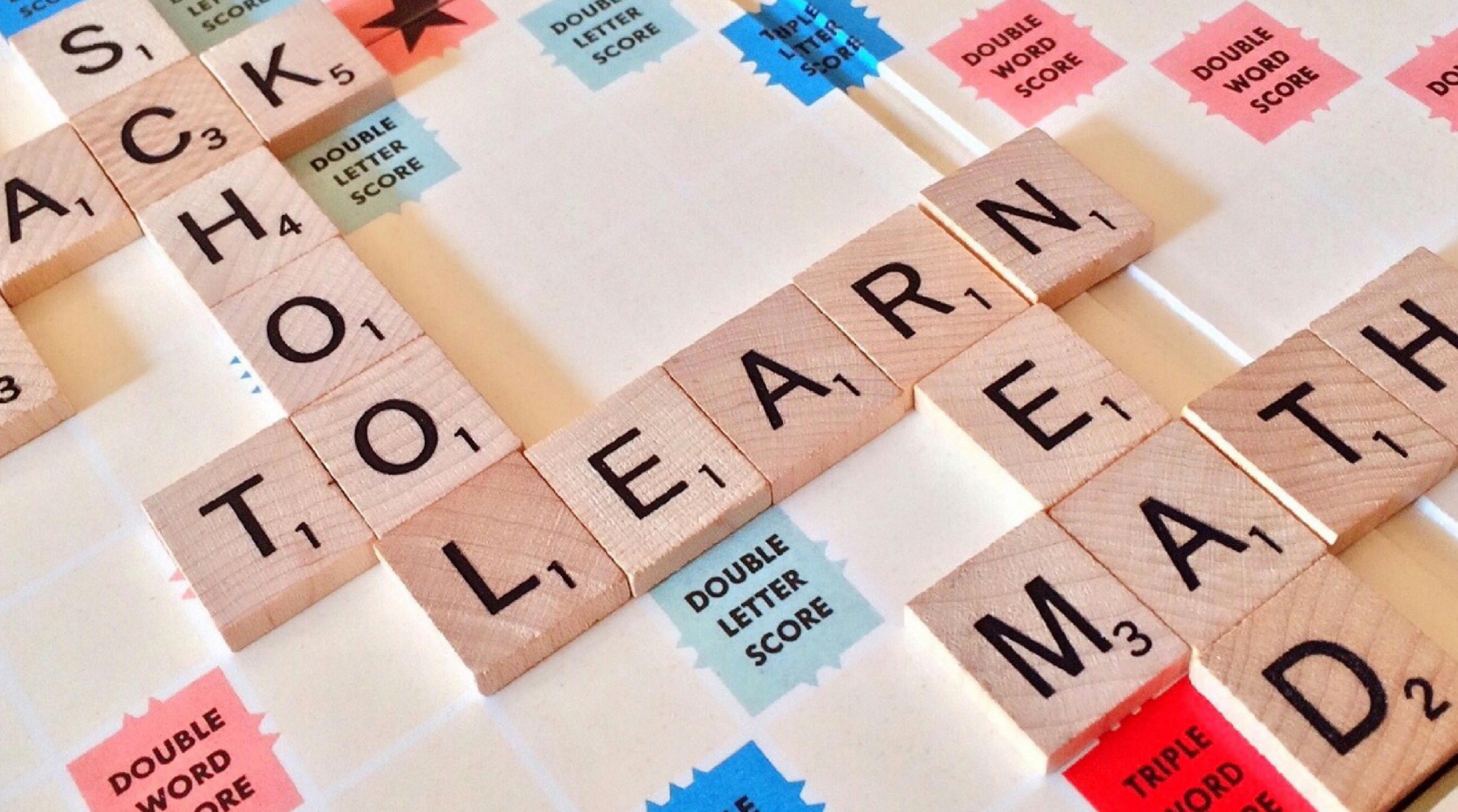The Power of Mathematics: Origins, Applications, and Learning
What’s the real story behind mathematics? Why does it matter across every field—technology, finance, science, and even art? Whether you’re a curious learner, a student, a parent, or a professional, this deep dive into mathematics will show you how its roots reach into the far corners of human life, and how you can benefit from a greater understanding of this truly universal language.
1. A Brief History of Mathematics
From Counting Stones to Calculus
The main keyword—mathematics—is as ancient as civilization itself. Modern math traces its ancestry to tribal societies, who used marks, sticks, and stones to record numbers, seasons, and trades. The Sumerians introduced counting systems over 5,500 years ago. Ancient Egyptians built pyramids using geometric rules, while the Greeks formalized mathematical logic and proofs—think Pythagoras, Euclid, and Archimedes. In India, zero emerged as a concept, revolutionizing arithmetic. Arabic scholars preserved and expanded upon Greek mathematics during the European dark ages, passing vital knowledge back to Europe during the Middle Ages, eventually leading to the Renaissance and the birth of calculus thanks to Newton and Leibniz.
What started as tools for measuring and trading became the core of science, commerce, technology, and philosophy. Napoleon reportedly claimed, "The advancement and perfection of mathematics are intimately connected with the prosperity and glory of the nation." No surprise there.
2. Core Branches of Mathematics Explained
Understanding the Pillars
If mathematics feels like an impossible mountain to climb, breaking it down helps. Here are the principle branches and how they interconnect:
- Arithmetic: The study of numbers and basic operations—addition, subtraction, multiplication, division, exponents, and roots.
- Algebra: Involves symbols and letters representing numbers, with the goal of solving equations, understanding patterns, and expressing relationships.
- Geometry: Explores the properties and relationships of points, lines, shapes, surfaces, and solids. Geometry underpins architecture, space science, and art.
- Trigonometry: Focuses on angles and the relationships between sides and angles of triangles. Every GPS device and phone motion sensor relies on trigonometric principles.
- Calculus: Studies changes, rates, and areas under curves—fundamental for science, engineering, medicine, and economics.
- Statistics and Probability: Analyzes data, uncertainty, and chances. From opinion polls to machine learning, these fields power our insights into the unknown.
- Discrete Mathematics: Deals with countable, often finite elements. Essential for computer science, coding, and networking.
- Mathematical Logic: Builds the foundation for computer algorithms and circuit design.
- Number Theory: Investigates the properties and patterns of whole numbers, crucial in cryptography and digital security.
Diversifying Mathematical Knowledge
With each branch, mathematics offers its own tools, language, and applications. The main keyword—mathematics—unites them all, ensuring the field stretches as human curiosity grows. Whether you’re studying calculus for advanced physics, relying on statistics for healthcare research, or just balancing your bank account, every discipline connects back to a universal set of rules and logic.
3. Mathematics in Everyday Life
How Numbers Shape Our World
- Personal Finance: From budgeting, loan calculations, and understanding compound interest to investing in stocks—mathematics keeps your savings secure and your spending in check.
- Cooking and Recipes: Measurements, ratios, adjusting quantities for guests—all rooted in arithmetic and fractions.
- Shopping and Discounts: Calculating percentages, comparing deals, and understanding unit prices all demand a grasp of basic maths skills.
- Travel and Navigation: Distances, times, fuel consumption, and even online maps are optimized through geometry and trigonometry.
- Technology: The backbone of every computer, smartphone, and even voice assistants—programming depends fundamentally on mathematics, particularly discrete mathematics and logic.
- Sports and Fitness: Understanding averages, probabilities, performance metrics, and trajectory predictions transforms players and coaches into statistical strategists.

From the structure of snowflakes to the mysterious mathematics of music, this powerful discipline touches every part of our lives, often in ways you barely notice.
4. Mathematical Thinking and Problem Solving
More Than Numbers—A Framework for Analysis
The real strength of mathematics lies in its approach to thinking. Mathematical reasoning teaches you to break complex problems into simpler pieces, analyze systematically, and develop solutions with precision and creativity. It sharpens your logic, fuels critical thinking, and encourages a mindset that is both analytical and imaginative.
Problem Solving Process:
- Understand the problem: Read, interpret, and clarify.
- Devise a plan: Consider different approaches—algebraic, geometric, graphical.
- Carry it out: Execute calculations or logic steps, checking assumptions along the way.
- Review: Check your solution and consider possible alternatives or generalizations.
5. Pros and Cons of Mathematics
| Pros | Cons |
|---|---|
| ✔ Strengthens logical thinking | ✖ Can appear abstract or intimidating |
| ✔ Widely applicable to various careers | ✖ Requires regular practice to retain skills |
| ✔ Improves problem-solving abilities | ✖ Some topics feel disconnected from daily life |
| ✔ Forms backbone of technology and innovation | ✖ Fears and anxieties can block learning |
| ✔ Universal language crossing borders | ✖ Gender and cultural stereotypes persist |
6. Best Strategies for Learning Mathematics
Make Numbers Your Friends
- Practice regularly: Consistent exposure builds fluency and confidence in new concepts.
- Visualize problems: Use diagrams, graphs, and color-coding to see relationships and patterns.
- Connect concepts: Link new ideas to prior knowledge to deepen understanding and boost memory.
- Try real-life applications: See the value of mathematics through hands-on projects—budgeting, gaming, model-building.
- Use digital tools: Leverage apps, video tutorials, and interactive platforms; mobile learning is now at your fingertips.
- Collaborate and teach: Discussing with peers and explaining concepts out loud helps reinforce learning.
- Overcome math anxiety: Tackle tough topics in bite-sized pieces, reward progress, and seek support if pressured.
7. The Future of Mathematics
From artificial intelligence to quantum computing, mathematics will shape the next wave of technological progress. Machine learning, cryptography, and data science thrive on advanced mathematical models. Healthcare, environmental science, and social policy depend on statistical insights and computational accuracy. The mathematics of the future could define everything from personalized medicine to space exploration.

8. Common Questions About Mathematics
Curious Minds Want to Know
-
Is mathematics a universal language?
Yes. The same rules and symbols translate across countries, cultures, and languages. -
What careers rely heavily on mathematics?
Engineering, finance, medicine, information technology, data science, architecture, and research all depend on strong math skills. -
How do I get better at mathematics?
Practice, connect concepts to real life, and don’t be afraid to ask for help or explore problems from new angles. -
Can mathematics be fun?
Absolutely. Mathematical games, puzzles, coding projects, and even art showcase the playful side of numbers.
Conclusion: Embrace the Journey of Mathematics
Mathematics stands at the crossroads of history, daily life, and the coming wave of technology. Whether you need sharper logic, breakthrough ideas, or the confidence to balance your resources, the journey into mathematics offers something for everyone. You don’t have to be a mathematician to find beauty in a symmetric pattern, satisfaction in a solved equation, or power in understanding the forces that quietly shape your everyday world.
So, next time someone groans about mathematics, remember: this universal toolkit has been humanity’s most reliable roadmap—not only for measuring the world but for unlocking its deepest mysteries and inspiring new breakthroughs, one equation at a time.

